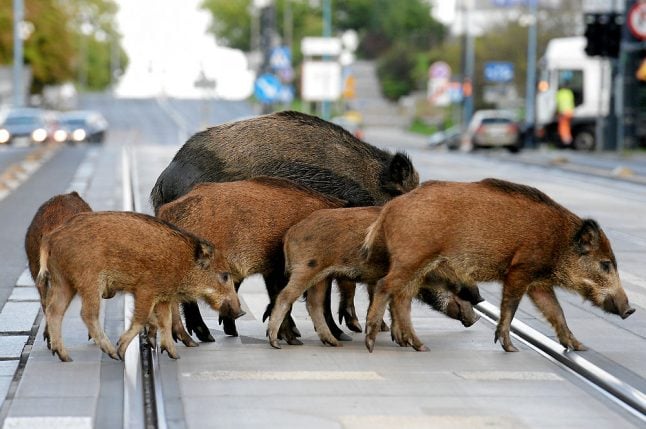The figure is 300 million kronor less than forecast after the vaccine’s manufacturer Glaxo Smith Kline (GSK) agreed to cut the number of supplied doses by 25 percent from 18 to 13.5 million doses.
Since the launch of the mass vaccination programme last autumn six million doses have been used, with the remaining seven million doses held in central reserve in the instance of a new outbreak.
“It is a good guarantee for the future and a good base,” said Anders Tegnell at the board.
According to the agreement with GSK the firm has committed itself to upgrading the existing vaccine stocks if the virus changes or if another strain of influenza develops into a pandemic.
Furthermore the portion of the vaccine that helps to strengthen the immune system will be replaced at no cost if it is shown that it expires within three years.
The pandemic petered out in December after a peak in the late autumn but despite the anti-climax, Tegnell defended the decision to offer the vaccine to everyone.
“We have learnt just how unpredictable pandemics can be,” he said.


 Please whitelist us to continue reading.
Please whitelist us to continue reading.
Member comments